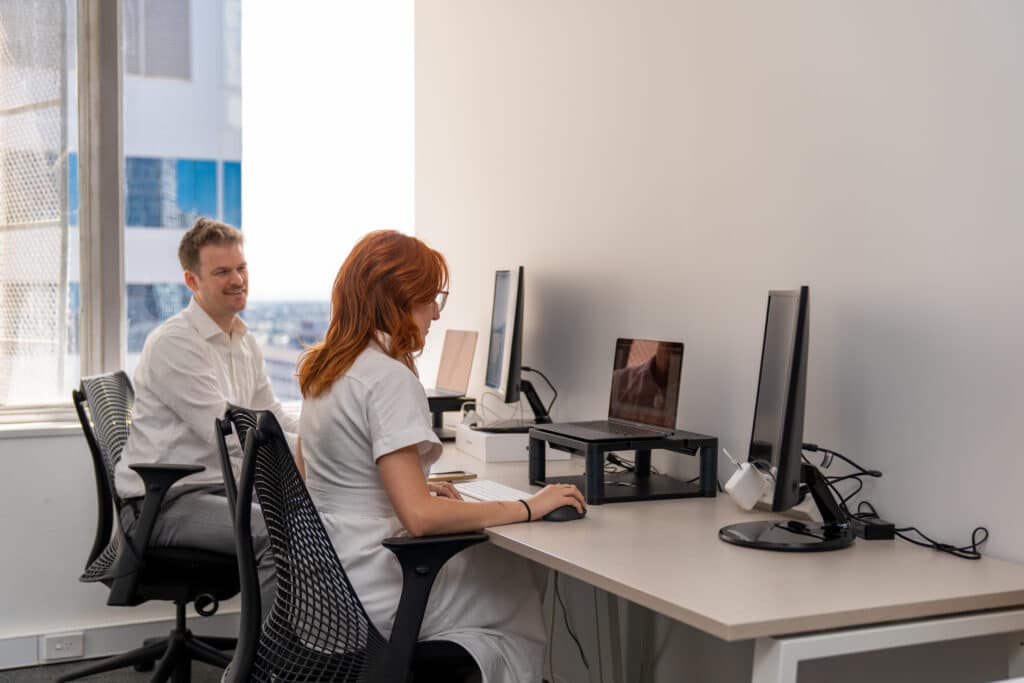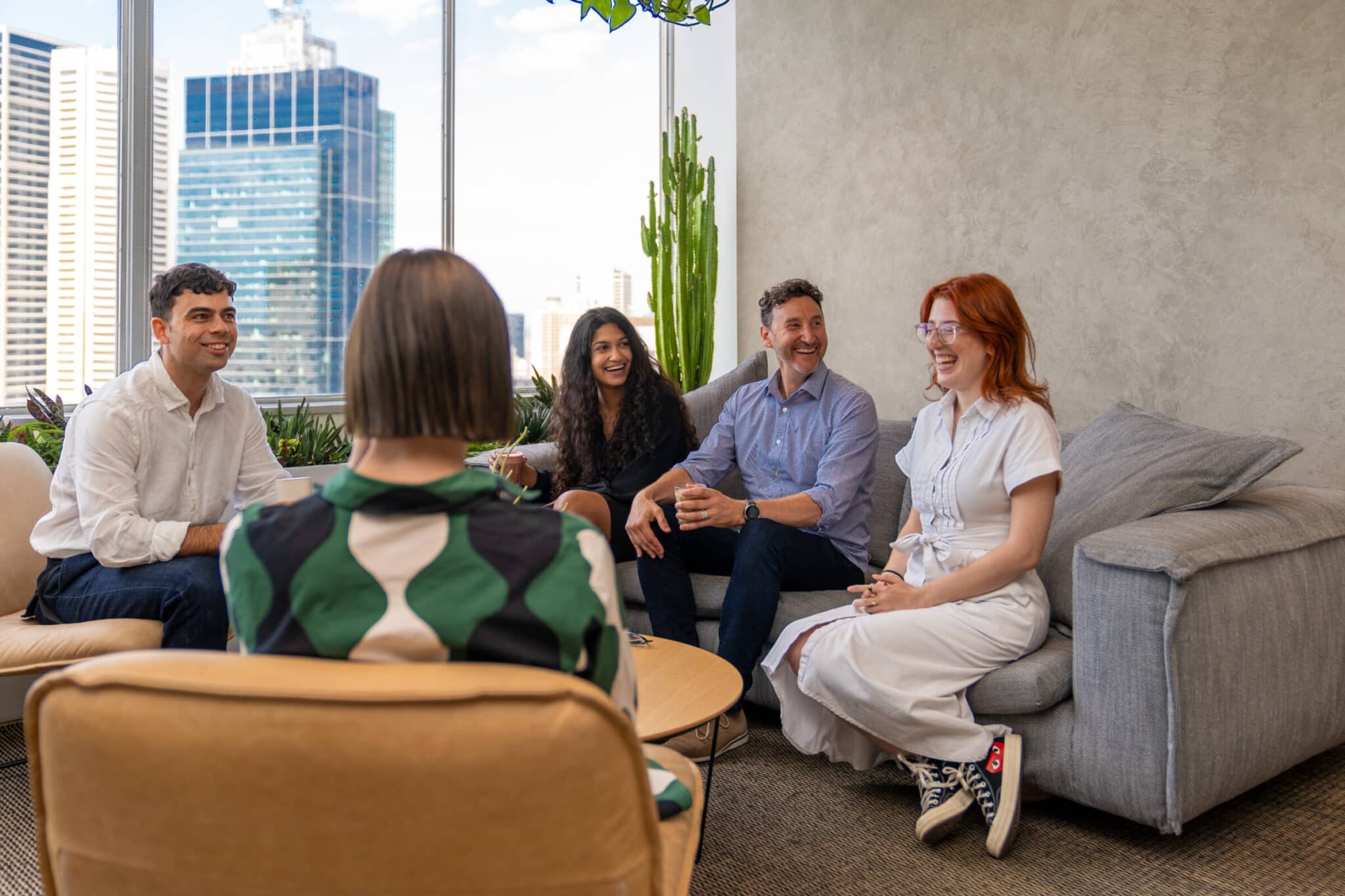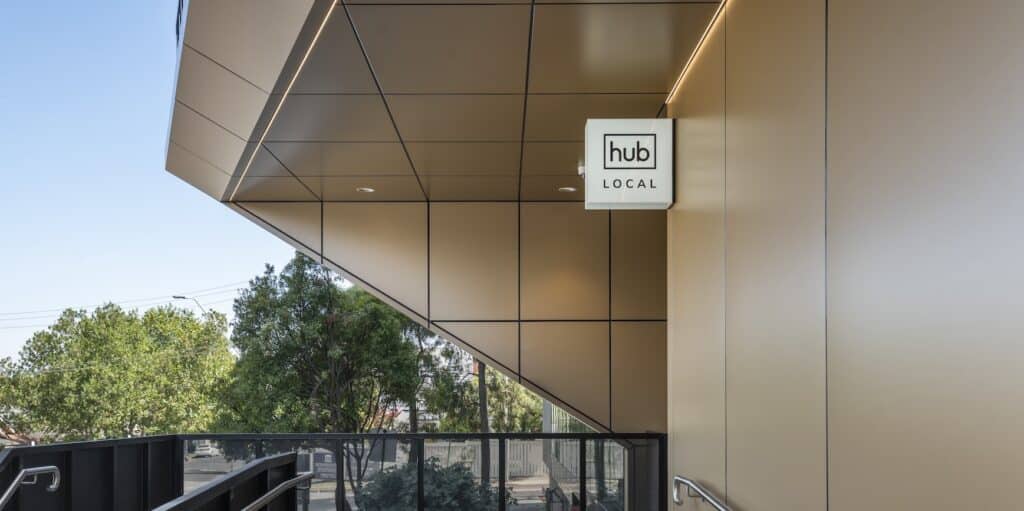Clare De Silva, senior consultant at Pangolin Associates, describes the act of measuring carbon emissions as a ‘no-brainer’. Since starting at Pangolin Associates over a year ago, she has witnessed firsthand how Australian organisations are shifting their objectives to encompass sustainable practices.
“It’s been incredible to see how much interest we’ve been getting from businesses looking to monitor and act on their carbon emissions over the past few years,” De Silva says. “It’s not only the big players who are reaching out to us, it’s also smaller organisations that want to make sure they’re setting themselves up to have a positive impact on the environment.”

Clare De Silva, Senior Consultant at Pangolin Associates
Originally starting out in the space of carbon accounting and carbon neutrality, Pangolin Associates has expanded its offering to include Environmental, Social, Governance (ESG) strategies, net zero implementation, and even education through its Climate Fresk workshops that has seen over 100 professionals employees trained in embedding climate action at their workplaces. The company has grown at a rapid rate since first starting, and now operates Australia-wide.
“We’re really committed to helping businesses become more climate literate, and get down to the real cause and effect of climate change. We want the businesses we work with to have a thorough baseline understanding of what climate change actually means, and the science behind it.”
Hub has been certified carbon neutral as both an organisation and a product since 2020, becoming the first coworking provider to do so. Pangolin Associates helped us achieve this certification, alongside the NABERS benchmarking of our Hub Parliament Station location where Pangolin Associates’ Melbourne team works from.
To achieve a carbon neutral status, organisations must measure their emissions and then invest in projects that offset them. If an organisation is certified as carbon neutral, it also has to provide an emissions reduction strategy and report against that strategy year on year.

The Pangolin Associates office, Hub Parliament Station
“Although the certification focuses on ‘neutralising’ emissions, we always encourage our clients to look beyond just carbon neutrality and put a strong reduction strategy in place,” De Silva says.
The process of capturing and assessing greenhouse gas emissions involves a few steps. As a senior consultant, De Silva will typically plan out the assessment and associated costs based on how big a business is, how many locations the business has, and more. After that comes the kick off session, where clients are informed of what data they’ll need to collect, including things like energy consumptions, waste, and where money is spent.
Once data has been collected, the team calculates emissions for each data point and creates a greenhouse gas report that covers high level reduction strategies and a comparison against other organisations and industries. If, based on a greenhouse gas assessment, a business wanted to become carbon neutral certified, Pangolin Associates will work with them throughout the entire process.

Part of the Pangolin Associates team
De Silva acknowledges that the landscape of sustainability is constantly evolving, which can make it daunting for businesses to take the first step to committing to credentials.
“There are so many different frameworks and certifications and ways of approaching it, that it can be really confusing. At Pangolin Associates, it’s our job to keep on top of that for you and help you make the best decision for your business.”
“If you’re not going carbon neutral, or at least measuring your emissions, you can potentially lose out on a lot of business,” De Silva tells Hub. “There’s a huge consumer pressure from people who are becoming more and more environmentally aware, and have high levels of literacy in this space. They will only engage with businesses who have certified credentials – it’s the new norm.”
Ultimately, the biggest risk of not measuring carbon emissions is the risk it poses on the Earth and our future.
“Climate change is going to affect all of us. We’re having extreme weather events more frequently. More pollution is impacting our health. We’re losing important biodiversity. Anything that you can do as a business – even if you think it’s small – is still going to have a positive impact because it’s going to do more than if you did nothing.”






